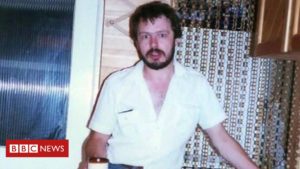The soldiers waited until it was dark. They took down cctv cameras. They turned off street lights. Then they started shooting, automatic gunfire ringing out late into the night. Their targets were young people kneeling peacefully in the street, waving the Nigerian flag. They were protesting against police brutality.
The killing on October 20th of at least 12 protesters in a wealthy part of Lagos, Nigeria’s commercial hub, was not the first time that the country’s security forces had fired on a crowd of demonstrators. In 2015, for instance, the army killed hundreds of Shia Muslim protesters, most of whom were unarmed, in Zaria, in the northern state of Kaduna. The officers and men responsible have never been punished. But the latest bloody episode, and the protests that preceded it, may mark a turning point for Africa’s most populous country.




